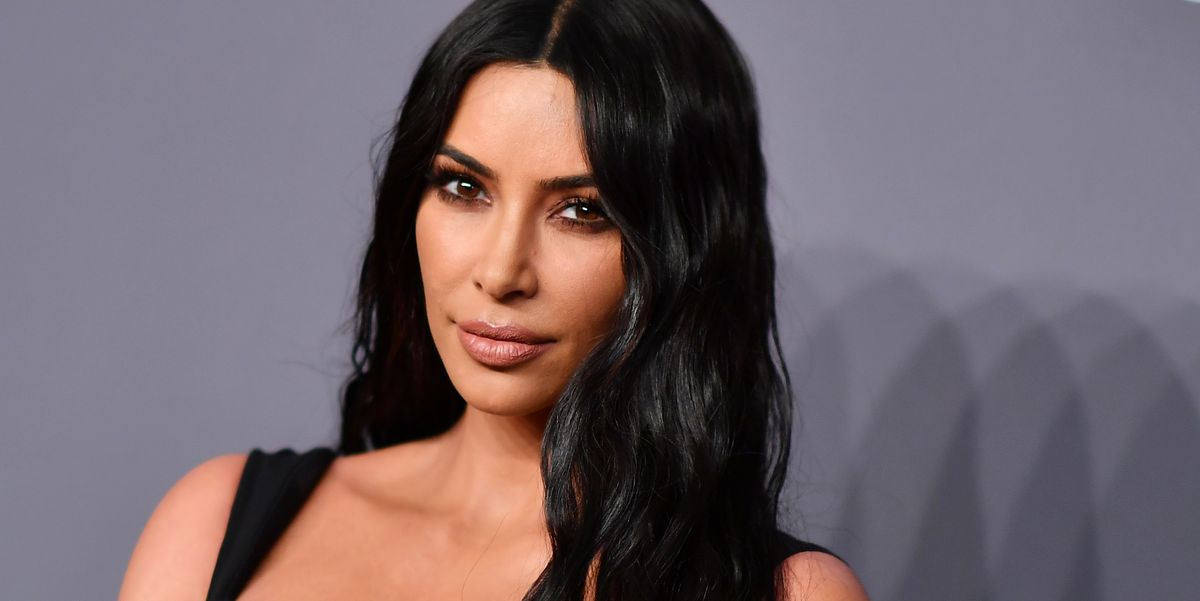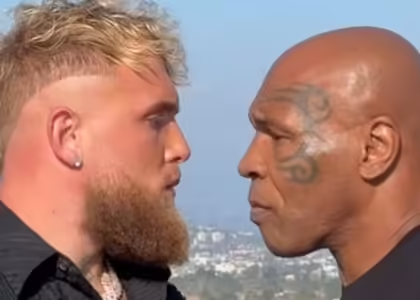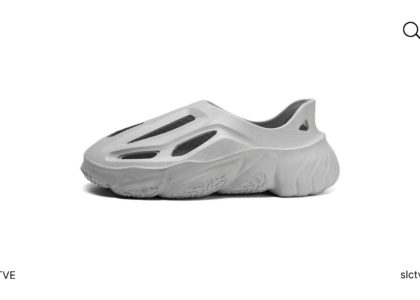Kim Kardashian, a reality star and businesswoman, last week joined the ranks of famous people who invest in technology when she and Jay Sammons, a longtime Carlyle Group employee, formed the private equity fund Skky Partners. Along with Sammons’ experience managing brands like Supreme, Beats by Dre, Vogue, McDonald’s China, and Moncler, the company will use Kardashian’s expertise in branding to help develop and build the next generation of businesses in media, hospitality, luxury, internet, and ecommerce. Kris Jenner, Kim’s “mom-ager,” has joined the initiative as a partner.
It goes without saying that many businesses are in dire need of attention and oxygen, while celebrities enjoy receiving free products and require topics for talk programmes.
Collaborations between well-known influencers and tech and gadget businesses are therefore nothing new. Will.i.am of the Black Eyed Peas has been a regular presence at CES for several years, where he has promoted his own line of robots, 3D printers, and wearable technology. Rapper Chamillionaire, best known for his hit song “Ridin’ Dirty,” has been an angel investor for over ten years. Thanks to his astute bets on businesses like Maker Studios, Cruise, and Lyft, he has since launched his own companies and been selected as the first “entrepreneur in residence” at Upfront Ventures.
These ties have grown more intricate and in-depth during the last ten years. Undoubtedly, a celebrity adds their own brand to a business, which might increase its visibility.
A celebrity would have agreed to post a few favourable Instagrams or tweets, perhaps attend a few product launches, model for a billboard, and then this might have traditionally been structured along the lines of an endorsement arrangement. However, celebrities are increasingly demanding more in exchange for their support than merely a compensation for their endorsement, such as a stake in the business.
According to Plus Capital founder and managing partner Adam Lilling, “for every dollar that someone might get paid in an endorsement contract, they can drive $10 worth of business value.” His business specialises in introducing early-stage businesses to influential people who are both investors and celebrities.
“So why don’t they take a share of the profits instead of just taking cash? Celebrities often have successful businesses. They strengthen their own brand. Both fading images and “blue people on another planet” are concepts that require creativity, execution, and entrepreneurial spirit to become reality.
This can simply entail giving the management team advice or suggestions, working together on the launch or announcement of new products, but increasingly it also refers to the kind of back-end activity that is more typically associated with actual institutional investors.
When done right, celebrity-VC collaborations may be a powerful combo, according to Ben Parr, co-host of the “Business Envy Podcast,” investor and co-founder of Octane AI.
“A celebrity may bring in business in a way that others cannot, giving their portfolio company access to an immediate audience and crucial connections. In my experience, when a famous person introduces you to someone, everyone reacts. A celebrity might lack the institutional understanding, tech network, and financial rigour that VCs provide.
Having a celebrity investor on board not only provides advice from someone who has already dealt with the public and developed their own audience, but it also conveys a level of devotion to the product and authenticity that a mere endorsement fails to adequately convey.
The Pearpop platform and marketplace, which links independent producers and businesses for joint projects and campaigns, recently attracted celebrity investment. It’s similar to Cameo, except that instead of making films for your friends, you work with influencers to increase your personal audience or the reach of your business. The range of creators on the platform includes traditional artists (including musicians and artisans) and more unorthodox ones (such as clowns).
The business announced the addition of $16 million in April, split over two rounds, and asserts that it has already attracted 10,000 creators to the platform. Paris Hilton, Lil Nas X, Jake Paul, Noah Schnapp, and Ashton Kutcher’s Sound Ventures have all contributed money to the company.
Having influencers support the business itself enhances the product because their very existence demonstrates a level of knowledge of the problems faced by the creators and personalities most likely to use the platform.
According to Adam Struck, founder and managing partner of Santa Monica’s Struck Capital, “celebrities are loving being venture capitalists.” “VC is the world’s coolest game. All these famous people are creating money to profit from their fame, and once they retire, they start referring to themselves as venture capitalists. The Chainsmokers is an excellent example; they began by supporting various businesses and making sporadic investments but are already active venture capitalists. Things’s unquestionably stepping it up.
Additionally, we’ve witnessed an increase in so-called “influencer investors,” including Josh Richards, a young Canadian. Richards pursued a traditional path to stardom after amassing a sizable following on TikTok, YouTube, and Instagram. He signed with Warner Records in 2020 and released his own unique brand of hip-hop that was heavily influenced by Lil Dicky. In 2021, Richards established the $15 million Animal Capital venture fund along with Griffin Johnson, Noah Beck, and former Goldman Sachs banker Marshall Sandman. In their presentation to businesses and investors, Animal Capital suggests using Richards’ enormous fan following to reach 100 million active users. Of course, these fans can be used as customers, but they’re also a valuable resource for audience knowledge and data.









